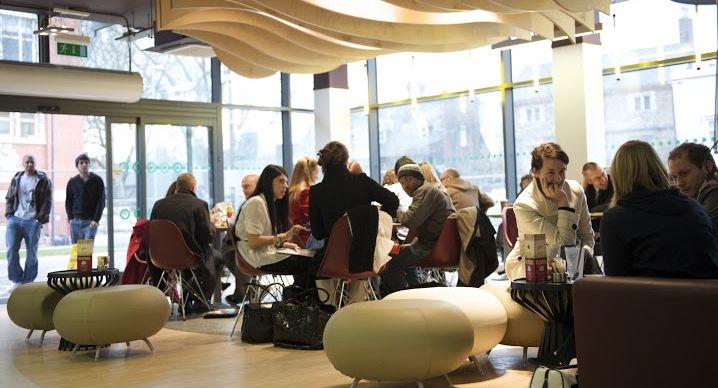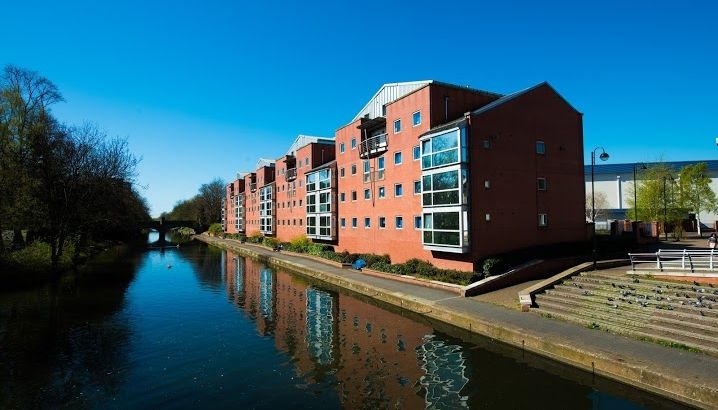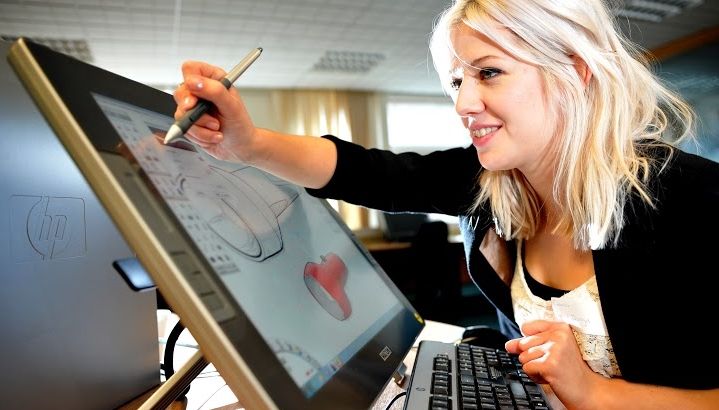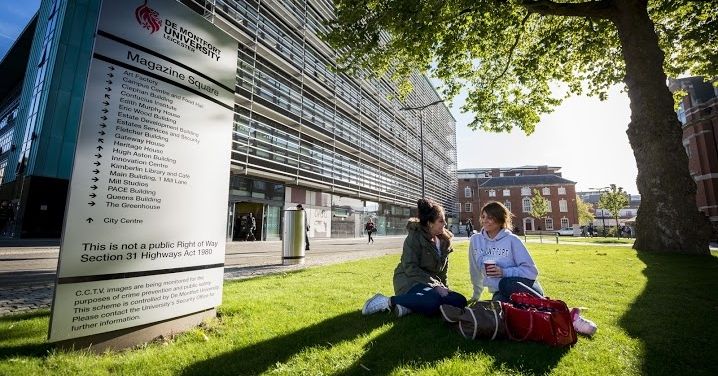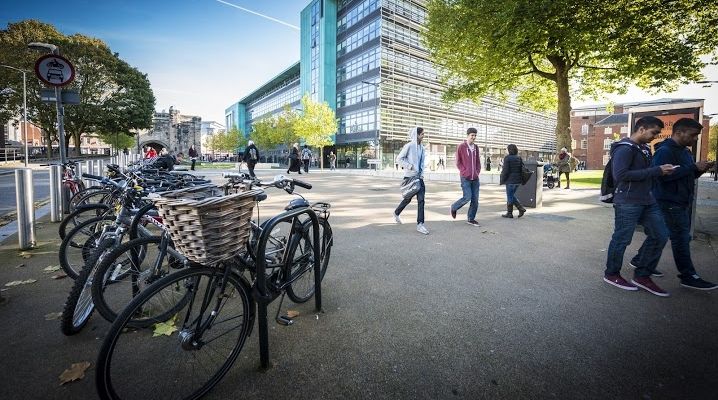Year 1: Students cover the fundamentals necessary to be an energy technologist; they learn about basic concepts of mechanical, electrical and electronic engineering principles and mathematics; these subjects are supplemented by modules covering green design and the environment and socioeconomics of energy and the environment. Year 2: Students learn about energy conversion technologies that produce very little or no CO2; this enables students to understand and evaluate the benefits, drawbacks and the impact these technologies have on the environment and our industry; students also learn about current national and international climate policies and treaties. Year 3: Optional placement year; students have the option of undertaking a year in industry which offers valuable experience of the working environment, subject to availability of placements and visa/work permit restrictions for overseas students. Final year: Students learn to analyse conventional and green power generation cycles, alternative energy sources and alternative fuels, emissions control methods and future concepts of emissions control; a final year project into a topic of the students' choice such as: analysis of using bio-diesel in a real engine, financial implication of carbon trading, improving energy efficiency of a building teaches valuable skills in research and analysis and project planning.
| Форма обучен. |
Начало |
Продолж. |
| Дневное |
n/a |
Кол-во лет: 3 |
The course addresses theoretical and practical aspects of energy production, energy utilisation, effects on the environment due to fossil fuel usage and engineering and technology necessary to develop green energy in a global economy; it also make students aware of the policies and treaties in this dynamic subject area enabling them to become a multi-talented energy technologist.
